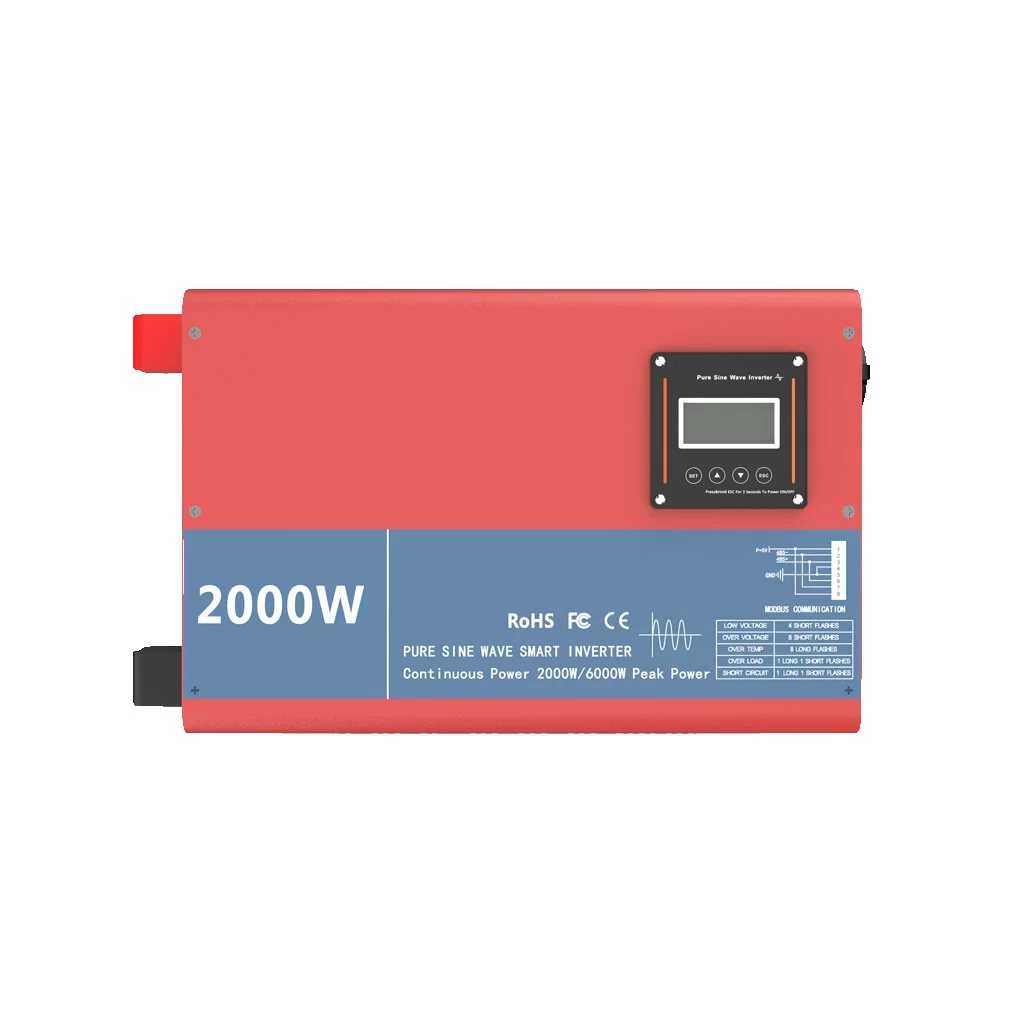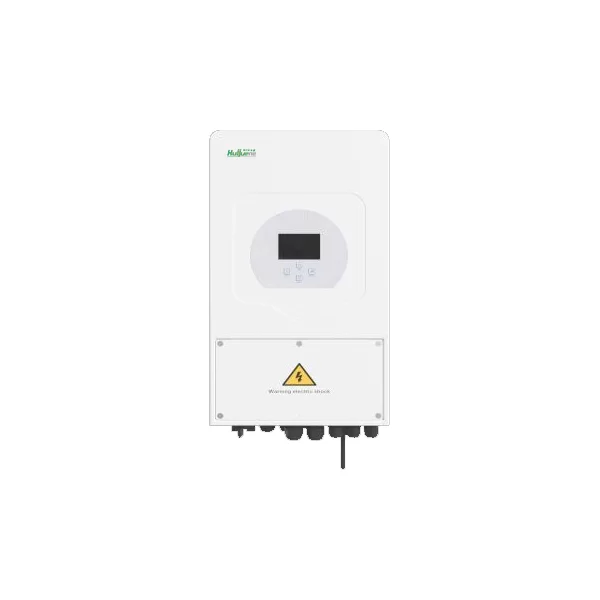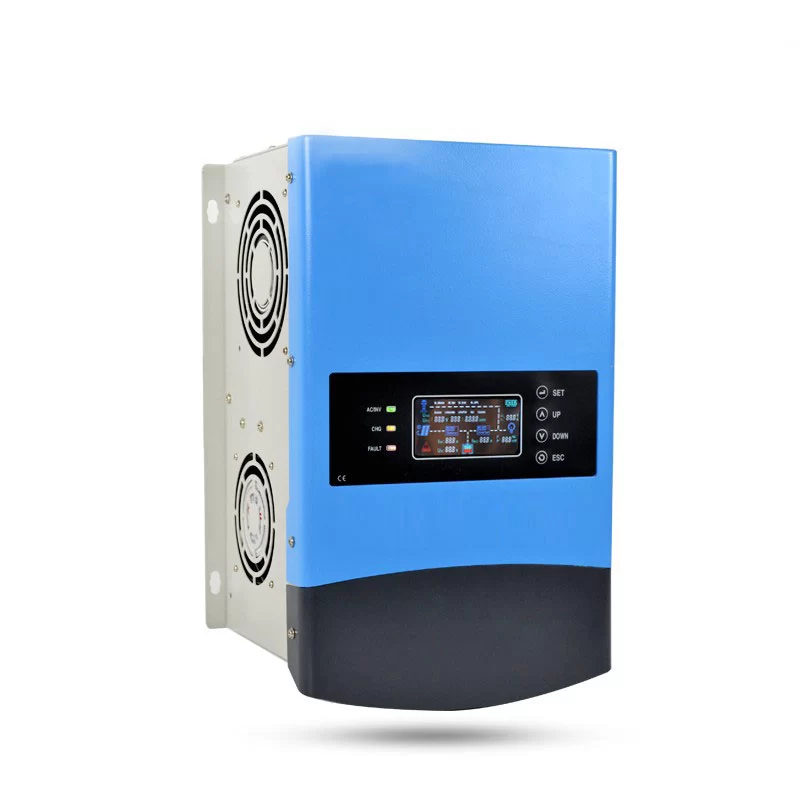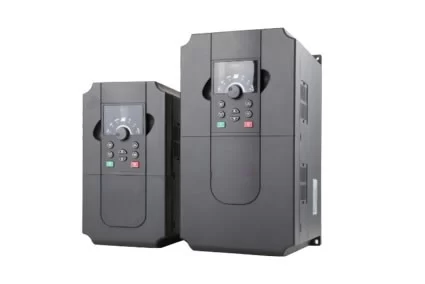Get A Quote Now!
Modular Battery Management Systems: Enhancing Flexibility and Efficiency
Modular Battery Management Systems (MBMS) represent a significant advancement in battery technology, providing flexibility, scalability, and enhanced performance for a wide range of applications. From electric vehicles and renewable energy storage to portable electronics and industrial systems, these systems are designed to optimize battery usage and prolong the lifespan of batteries. In this article, we will explore the key features, benefits, and applications of MBMS and why they are becoming an essential component in modern energy solutions.
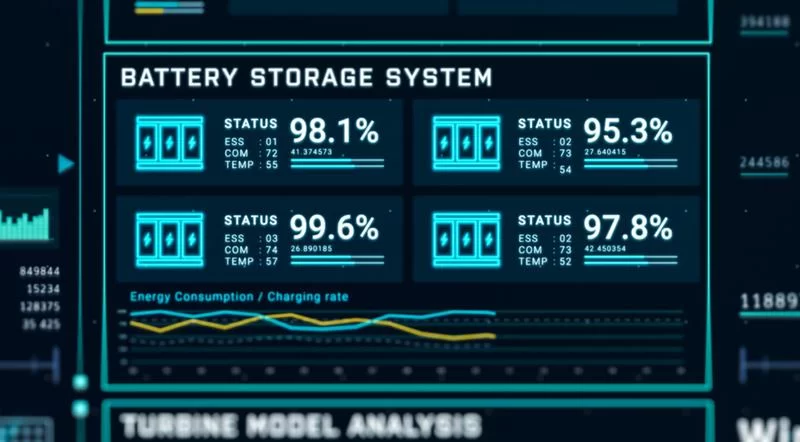
What Are Modular Battery Management Systems?
Definition and Core Components
Modular Battery Management Systems are systems designed to manage the performance, charging, and safety of batteries by dividing them into smaller, more manageable modules. Each module in an MBMS operates independently but communicates with a central control unit to ensure the entire battery pack functions optimally. The modular design allows for:
- Scalability: Systems can be easily expanded or reduced based on the required energy capacity.
- Flexibility: Different modules can be tailored to specific applications, accommodating various battery chemistries and configurations.
- Enhanced Reliability: If one module fails, the rest of the system can continue to operate, reducing the risk of complete system failure.
Key Components of MBMS
- Battery Modules: Individual units that house battery cells and include circuitry for local monitoring and control.
- Central Control Unit: A centralized controller that oversees the entire battery system’s operation, including balancing, monitoring, and safety checks.
- Communication Interfaces: Networks that facilitate communication between modules and the central unit, ensuring coordinated operation.
- Thermal Management Systems: Components that manage heat within the battery modules, preventing overheating and optimizing performance.
Benefits of Modular Battery Management Systems
1. Scalability and Flexibility
One of the primary advantages of Modular Battery Management Systems is their scalability. This feature is particularly valuable in applications where energy needs can change over time. For example, in renewable energy storage systems, MBMS allows for the easy addition of more battery modules as energy demands increase or as more renewable capacity is installed.
2. Improved Battery Lifespan and Performance
MBMS are designed to optimize battery usage by ensuring that each module operates within its ideal parameters. By monitoring and balancing each module’s performance, the system can prevent overcharging, deep discharging, and overheating, all of which contribute to a longer battery lifespan and improved overall performance.
3. Enhanced Safety and Reliability
Safety is a critical concern in battery management, especially in large-scale applications like electric vehicles (EVs) or industrial energy storage. Modular Battery Management Systems enhance safety by isolating faults to individual modules, preventing the propagation of failures. This modular approach also allows for easy maintenance and replacement, reducing downtime and ensuring continuous operation.
4. Cost Efficiency
While the initial cost of implementing an MBMS might be higher due to the complexity and the need for multiple modules, the long-term benefits often outweigh these costs. Modular systems allow for targeted maintenance and repairs, reducing the need for costly replacements of entire battery packs. Additionally, the ability to expand or reduce capacity without significant modifications results in lower overall lifecycle costs.
5. Customization for Specific Applications
Different applications have unique power requirements. For instance, electric buses might need high-capacity modules for extended range, while a solar energy storage system might prioritize longevity and cycle stability. Modular Battery Management Systems can be customized to meet these specific needs, optimizing the battery system for its intended use.
Applications of Modular Battery Management Systems
1. Electric Vehicles (EVs)
In the automotive industry, MBMS provide a flexible solution for managing the complex battery systems in electric vehicles. By using modular designs, manufacturers can easily scale battery capacity up or down based on the vehicle model, whether it’s a compact car with modest range requirements or a high-performance SUV demanding maximum battery power.
2. Renewable Energy Storage
Renewable energy systems, such as solar and wind power installations, greatly benefit from MBMS. These systems need to store energy efficiently and safely to ensure a consistent supply. Modular systems allow for easy expansion as more energy storage is needed, providing a reliable and scalable solution for growing energy demands.
3. Industrial and Commercial Applications
For industrial applications, where the need for reliable and constant power is critical, MBMS offers an optimal solution. Factories, data centers, and large-scale manufacturing plants can use modular systems to maintain power supply during outages or peak demand times, enhancing operational reliability and energy independence.
4. Consumer Electronics and Portable Devices
Portable devices, such as laptops, smartphones, and other consumer electronics, benefit from the modular approach by ensuring batteries are not only safe but also optimized for longevity. MBMS can monitor the health of battery modules and adjust power usage dynamically, enhancing the user experience and extending device life.
Key Technologies in Modular Battery Management Systems
1. Machine Learning and AI Integration
The integration of machine learning and artificial intelligence in MBMS allows for predictive maintenance and dynamic adjustment of battery parameters. These technologies can predict potential failures before they occur, ensuring timely interventions and optimizing battery performance over its entire lifecycle.
2. Wireless Communication
Wireless communication technologies within MBMS facilitate real-time data transfer and monitoring without the need for extensive wiring. This is particularly advantageous in applications like electric vehicles and large-scale energy storage systems, where reducing weight and space is crucial.
3. Advanced Thermal Management
Temperature management is essential for maintaining battery performance and safety. Advanced thermal management systems in MBMS ensure that each module operates within its safe temperature range, preventing overheating and thermal runaway.
Future Trends in Modular Battery Management Systems
1. Integration with Smart Grids
As smart grid technology advances, there is potential for MBMS to integrate more closely with grid management systems, optimizing the flow of energy and enhancing grid stability. This integration can lead to more efficient energy distribution and lower costs for consumers.
2. Development of Second-Life Applications
With growing emphasis on sustainability, MBMS are likely to play a role in the repurposing of used batteries. Batteries that are no longer suitable for high-demand applications can be reconfigured and used in less demanding environments, extending their useful life and reducing waste.
3. Greater Emphasis on Cybersecurity
As battery systems become more connected and reliant on digital communication, cybersecurity will become a more significant concern. Ensuring that MBMS are secure from cyber threats will be critical, especially in applications like critical infrastructure and electric grids.
Conclusion
Modular Battery Management Systems offer a versatile and efficient solution for managing modern battery needs across a variety of applications. From enhancing safety and reliability to providing scalability and cost savings, MBMS are revolutionizing the way we store and use energy. To explore how our advanced MBMS can benefit your application, visit our modular battery management solutions page and learn more about how we can help optimize your energy systems.

